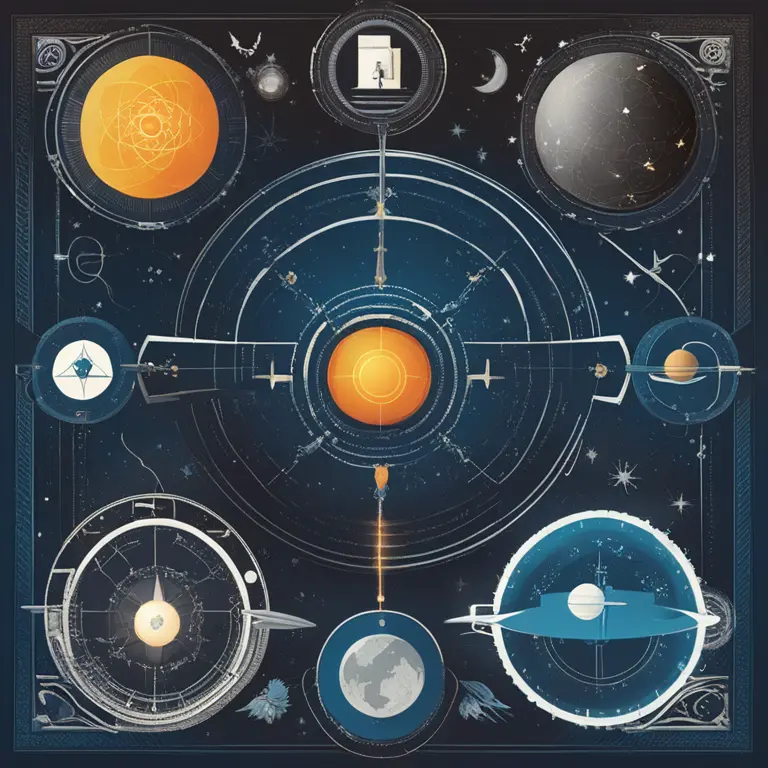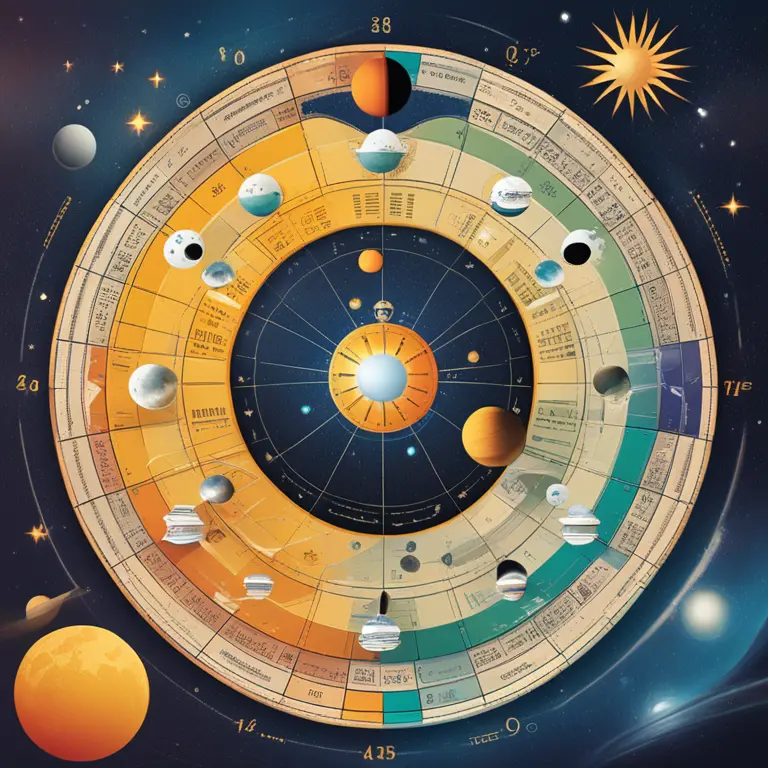
The Fallacies of Astrology: A Rational Perspective
Examining the reasons why astrology, despite its popularity, does not hold up to scientific scrutiny and rationale.
article by Priya Deshmukh
A Historical Overview
Astrology has been part of human culture for millennia, serving as a celestial guide for many who believe that the positions of planets and stars have a direct influence on individual lives. While it has historical significance and cultural value, astrology's claims have been consistently challenged by the scientific community. In our contemporary understanding of the cosmos, the mechanistic approach has displaced the mysticism that once fueled our interpretations of the stars.

Science Vs. Supernatural
The core argument against astrology's validity springs from its incompatibility with empirical science. Modern astronomy and physics provide us with precise calculations and predictions based on observable phenomena and reproducible experiments. Astrology, by contrast, has failed to provide empirical evidence that supports the correlation between celestial movements and personal destiny. In an age where critical thinking and evidence-based practice prevail, astrology struggles to justify its principles with scientific backing.

Lack of Methodological Consistency
One fundamental issue with astrology is the lack of consistency. Astrologers themselves often interpret the same celestial configurations in wildly different ways. If astrology were grounded in empirical truths, we would expect a high degree of consensus among its practitioners, much like how scientists agree on the principles of gravity or the structure of DNA. This inconsistency in interpretations among astrologers undermines its credibility as a reliable body of knowledge.

Testing The Predictions
Astrological predictions lack precision and are often couched in vague language that could apply to various scenarios. This level of generality makes astrological forecasts unfalsifiable. In contrast, scientific hypotheses and predictions are designed to be testable and falsifiable. When astrology’s predictions are specifically tailored and tested, they rarely perform better than chance, which raises significant doubts about its predictive power.

Cognitive Biases at Play
Human cognition is subject to a variety of biases that can make astrology seem accurate. Confirmation bias, for instance, leads individuals to remember predictions or descriptions that seemed true or relevant, while forgetting those that did not. The Forer effect, or the tendency of people to rate sets of statements as highly accurate for them personally even though the statements could apply to a wide range of people, is another cognitive bias that can give the illusion of astrology's accuracy.
Social and Psychological Factors
Astrology also plays into the psychological need for understanding and control in a chaotic world. For many, knowing 'what the stars hold,' creates a sense of comfort and order. Additionally, astrology allows for a shared experience, fostering a sense of community and belonging among its followers. However, these social and psychological benefits do not equate to the validity of astrology as a scientific discipline.
Conclusion
It's vital to understand that astrology's appeal does not derive from its empirical truth, but rather from its psychological and cultural allure. While astrology can be an enjoyable pastime and a means of self-reflection, equating astrological beliefs with scientific facts does a disservice to both realms. As we continue to advance in our understanding of the universe, it becomes increasingly clear that astrology does not hold up under rational scrutiny and does not align with our scientific worldview as of 2024 and beyond.
Published: 2/5/2024
Modified: 2/5/2024
More predictions
Come back here soon to learn more about yourself and your future


The Zodiac Signs and their Influence
Delve into the intricate world of zodiac signs, where celestial alignments offer insights into personality traits, future forecasts, and life paths.


Zodiac Signs: Dates and Meanings
A concise guide detailing the dates and fundamental characteristics of the twelve zodiac signs.


Zodiac Signs' Essential Elements
Discover what each zodiac sign simply can't live without. Immerse yourself in the world of celestial necessitates unique to every sign.